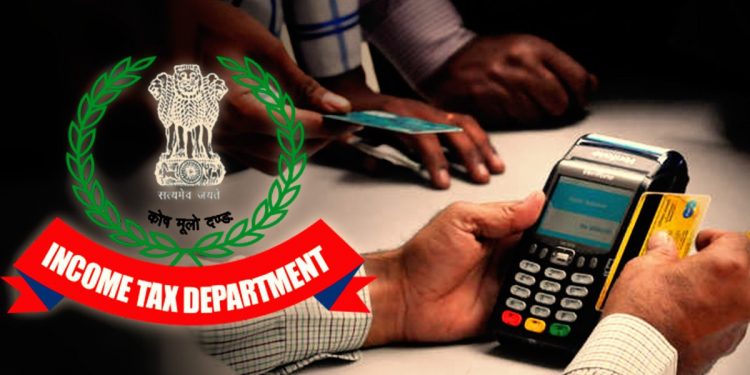Section 269SU was introduced in the Income Tax Act vide Finance Bill, 2019 and is made applicable from 01.11.2019 to boost the motive of cashless transactions/ cashless economy where it says:
“Every person, carrying on business, shall provide facility for accepting payment through prescribed electronic modes, in addition to the facility for other electronic modes, of payment, if any, being provided by such person, if his total sales, turnover or gross receipts, as the case may be, in business exceeds fifty crore rupees during the immediately preceding previous year.“
As per the above section it is applicable to person carrying on business and if his total sales or receipts or turnover during the preceding previous year i.e. in this situation for F.Y. 2018-19 exceeds Rs. 50 crore.
This section asks the person to provide facility for accepting payment to electronic modes and it no where restricts to accept payment in electronic mode only. As per section the person “shall provide facility for accepting payment through prescribed electronic modes“, if they had to restrict the mode of receipt to online payment they would have used the word that “every person carrying on business, shall accept payment only through prescribed electronic mode” which is not the case. Hence person carrying on business and with turnover in preceding year above Rs. 50 crore just needs to provide facility to accept payments via electronic mode.
Many of the newspaper and articles mentioned that person with turnover above Rs. 50 crore need to accept payment only via electronic mode which is absolutely false and is not the correct interpretation of law.
What is the penalty if a person not provides such facility?
Penalty for not providing facility to accept payment via electronic mode is covered under section 271DB which was also introduced by Finance Bill, 2019 which levies penalty of Rs. 5,000 per day till the day such facility is not provided and it can be waived if proper reasons are provided for such failure. Section 271DB is as under:
“(1) If a person who is required to provide facility for accepting payment through the prescribed electronic modes of payment referred to in section 269SU, fails to provide such facility, he shall be liable to pay, by way of penalty, a sum of five thousand rupees, for every day during which such failure continues:
Provided that no such penalty shall be imposable if such person proves that there were good and sufficient reasons for such failure.
(2) Any penalty imposable under sub-section (1) shall be imposed by the Joint Commissioner of Income-tax.]“
Recently CBDT has also issued a circular to invite recommendations from various payment bank, banks and various other organisation to provides other electronic mode of payment other than the one’s already existing.
You can download the circular here: 269SU circular
If you need assistance you can ask a question to our expert and get the answer within an hour or post a comment about your views on the post and also subscribe to our newsletter for latest weekly updates.














clear view. i agree with your view.
My question reg 269SU is that….
A company sales goods to small traders and raise debit bills. after sales, payment collected in cash by salesman of the company or directly cash deposited in Co.s bank account.
In such case salesman need to have instruments receiving pymt by electronic mode ?
Pl your expert view.
As mentioned above the salesman needs to have all the above mentioned method of accepting payment. If the salesman says that he cannot accept payment in the digital method mentioned above then there are chances of penalty if the customer files a complain against it.